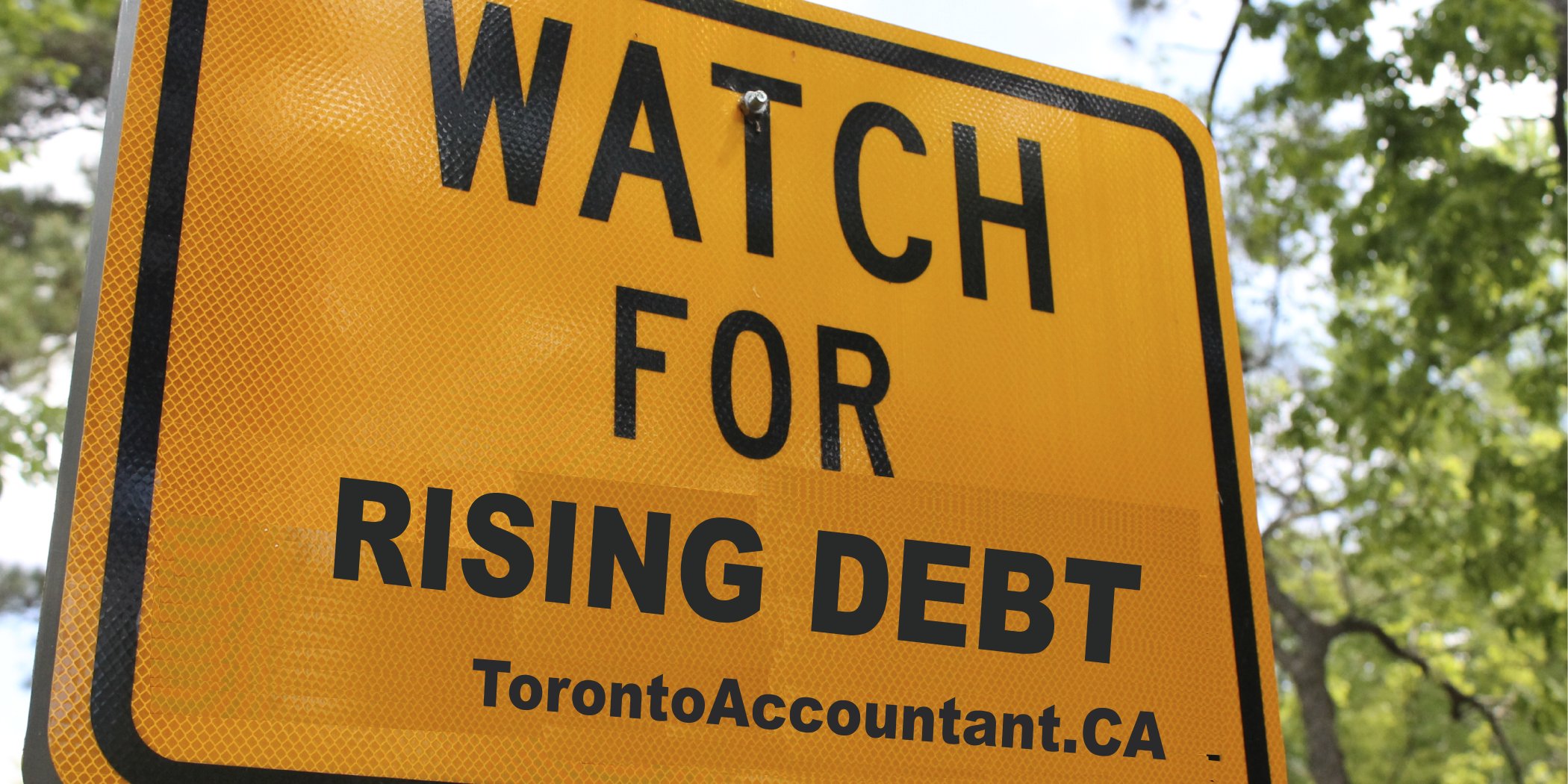A new report issued by credit monitoring firm TransUnion suggests that Canadian have greatly increased their personal debt load over the past few years with an increase of about 2.7 percent in 2015 alone. Personal debt for Canadians averages out to approximately $21.348.00 dollars per person and that number does NOT include mortgage debt. TransUnion has suggested that the latest figures show that the debt to income ratio has risen to a staggering 165%. While there is much concern over the amount of personal debt owed by Canadian we have yet to see any debt default.
The biggest concern is that the vast majority of new debt being generated is from what the industry considers “subprime” borrowers which are classified as persons who because of bad or iffy credit histories are forced to pay higher interest rates are borrowing at a higher rate than other more credit worthy individuals. Officials indicated that while the bulk of present Canadian debt is not held by subprime debtors it is a troubling statistic and one they intend to keep a very close eye on. While it seems that Canadians are carrying an ever increasing amount of debt there is fortunately very little default on that debt as yet. The debt while very high seems to be manageable thus far.
Statistics currently show that the amount people who find themselves more than 3 months behind on their bills is relatively small, standing at about only 2.52 percent. The growing trend however is that the defaults that are occurring are happening in the province most impacted by the commodity price slump such as Alberta and Saskatchewan.
Many analysts are very concerned about the record debt levels carried by average Canadians and indicate that should housing prices begin to deflate there could be a wide ripple effect on the ability to carry the massive debt loads we have incurred over the past years of cheap and easy credit.
Should commodity prices remain very low for an extended period of time we would also expect to see even more defaults on personal debt especially in those provinces already affected that we mentioned above. This could become more widespread as the length of time extends that the oil patch workers are either out of work or waiting for plants to resume production.
The recent fires in Fort McMurray have certainly not helped those affected province and they face a massive rebuilding process that could also have a calamitous effect on the provincial economy. The rising debt is a very concerning trend that without doubt needs to be kept in the public eye.







